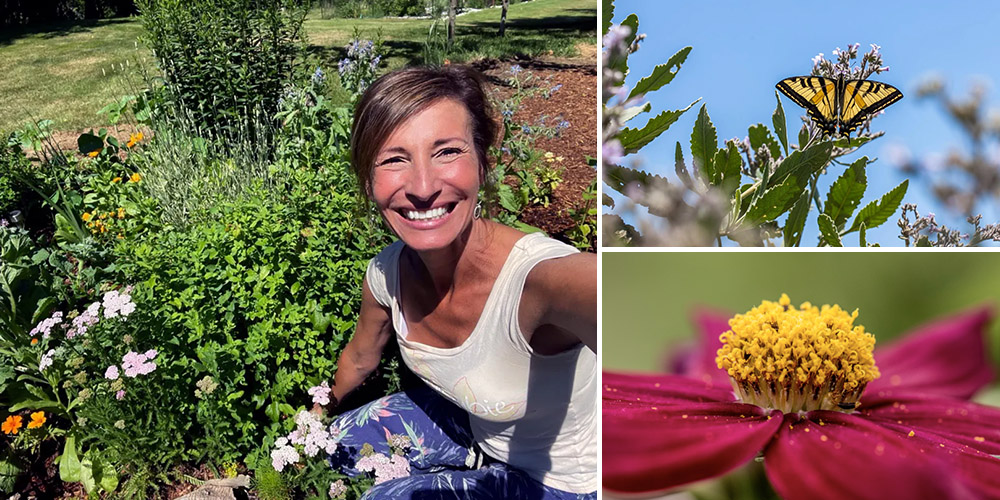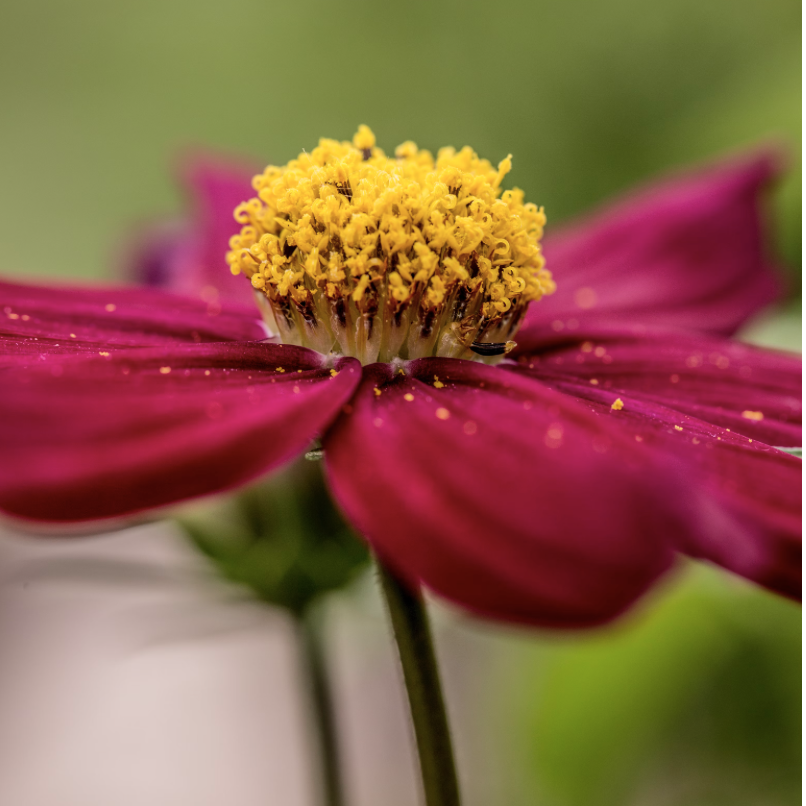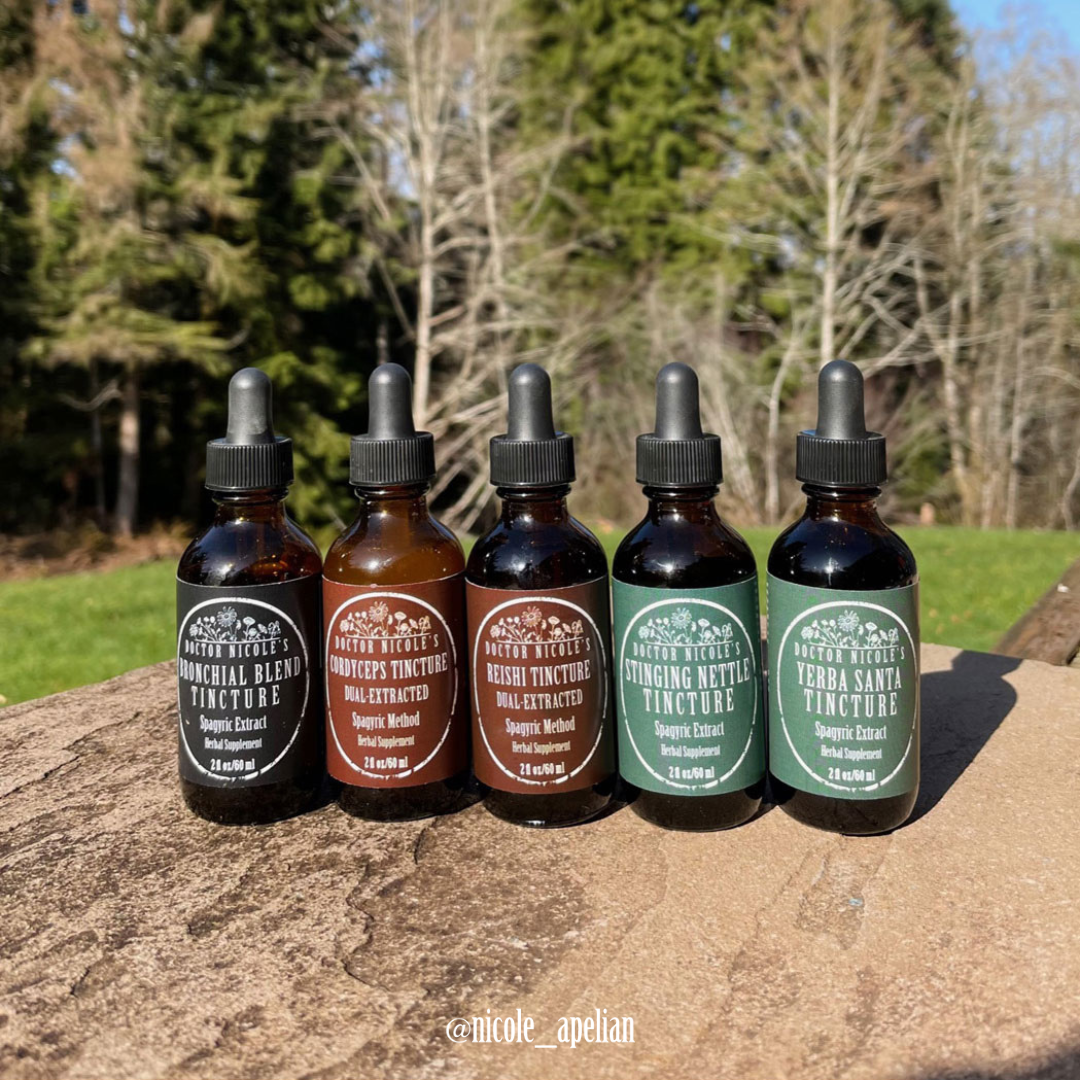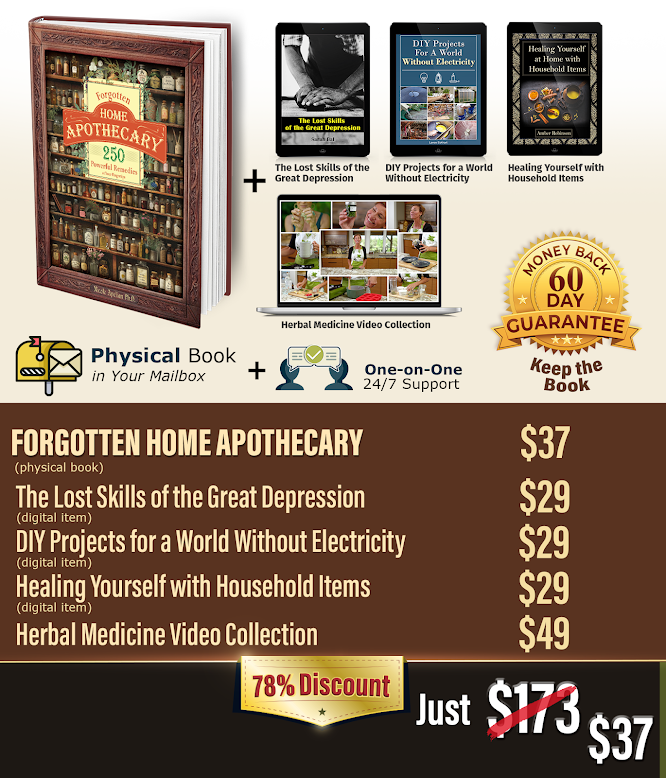
What Allergy Meds Are Really Doing to Your Brain
A Closer Look at Over-The-Counter Allergy Medications
As we head into allergy season, there’s a good chance you will be looking for reliable relief from itchy, watery eyes, a runny nose, and sneezing. Many will turn to over-the-counter antihistamine medications, unaware that these drugs could lead to an increased risk of cognitive decline, dementia, and Alzheimer’s.
Many allergy medications belong to a class of pharmaceuticals called anticholinergics that are not only used to reduce allergy symptoms, but are also found in tricyclic antidepressants, sleep aids, and incontinence treatments.
Thankfully, there are natural alternatives to these drugs that can help you navigate the allergy season comfortably without risking your cognitive health — which we will explore below. But first, let’s take a look at why the drug is so damaging to your brain.
How do anticholinergics work?
Known to inhibit the parasympathetic nervous system that regulates the stress response and periods of rest, anticholinergics bind to brain receptors and block acetylcholine, an important neurotransmitter that is involved with attention and memory.
Alzheimer’s patients typically have low levels of acetylcholine. Because anticholinergics prevent the neurotransmitter from interacting with the parasympathetic nervous system, it causes the familiar dry mouth associated with allergy medication and blocks histamine receptors that are involved with alertness, which in turn causes drowsiness.
For years researchers have investigated the possible relationship between anticholinergics and declining cognitive health. Their findings are concerning.

Increased Risk of Dementia & Cognitive Decline
A 2015 paper published in JAMA Internal Medicine gave researchers pause for thought when it was discovered that those 65 or older who had taken anticholinergic drugs for 10 years or more had a 54 percent increase in developing dementia. New research has also confirmed this finding.
The Scientific American article, “Does Long-Term Benadryl Use Increase Dementia Risk?” explains the mechanism researchers believe may be at play:
“A leading hypothesis suggests this might be related to how the drugs interact with neurotransmitter receptors. Long-term anticholinergic use might leave acetylcholine receptors perpetually blocked, triggering a series of reactions that either leads to the production of beta-amyloid—a toxic protein thought to be a main cause of dementia—or prevents the brain from clearing this protein out. Researchers have suggested these drugs might affect inflammation and blood flow in the brain, which may result in memory loss and weakened cognition. But so far this research is inconclusive.”
Experts are quick to point out the limitations of these studies. Shelly Gray, a pharmacy professor at the University of Washington and lead author of the 2015 JAMA paper, notes that the studies involved adults aged 65 and older who are more prone to developing dementia. Neither study explored whether younger people taking anticholinergics have an increased risk later in life.
Gray does stress that it is generally a good idea to avoid the pharmaceuticals, especially if you are an older adult. These include antihistamines Benadryl and Dimetapp; Dramamine for motion sickness; and the sleep aid Unisom. Over-the-counter alternatives include Claritin and Zyrtec, along with Flonase nasal spray to ease allergy symptoms without targeting acetylcholine receptors. If you would like an all-natural solution to allergies, keep reading for my top recommendations. The herbal solutions below are what we use in our household.
Plant-Based Medicine for Seasonal Allergies
Instead of taking over-the-counter allergy medications, our Lung Support Bundle contains five safe and effective botanical extracts formulated to help clear bronchial passages and nasal congestion, while calming respiratory inflammation and histamine response. These herbal remedies also inhibit mast cell degranulation and support circulation. This bundle contains dual-extracted reishi and cordyceps medicinal mushrooms, stinging nettle, and yerba santa.
It also includes our Bronchial Blend, which contains lungwort lichen and mullein leaf extracts to help clear mucus from the bronchial passages; calm coughing and wheezing; ease tightness of breathing; and cool inflammation in the respiratory tract.
Here are the specific benefits of each concentrated tincture included in the bundle:
REISHI MUSHROOM TINCTURE
An excellent adaptogenic herb, Reishi tincture supports the body against the negative effects of stress. This mushroom helps foster better sleep and encourages healthier immune function. Our reishi tincture is dual-extracted and utilizes the fruiting bodies for full potency and effectiveness.
CORDYCEPS MUSHROOM TINCTURE
Our powerful cordyceps tincture is formulated with dual-extracted, fruiting body mushrooms for full potency and effectiveness. This exceptional botanical is known to support the body, lungs, and brain for both chronic and acute issues.
STINGING NETTLE TINCTURE
Stinging nettle is an excellent herb to help ease allergy symptoms and inflammation. It also encourages more balanced blood sugar levels. It’s my go-to for immediate allergy relief.
YERBA SANTA TINCTURE
If you need an herbal remedy to promote clearing mucus from the lungs, yerba santa tincture is an excellent choice. It contains potent chemical compounds that encourage the loosening of mucus in the chest and sinuses due to both chronic and acute issues.
BRONCHIAL BLEND TINCTURE
A highly effective formulation for lung support year-round, our bronchial blend tincture is a must-have, especially during the cold and flu season. This formulation helps promote the clearing of congestion and mucus in the lungs and may help to calm coughs and wheezing.
As allergy season approaches, you might be tempted to seek relief through over-the-counter antihistamines. If you would prefer a natural solution for seasonal allergies without the risk to cognitive health, visit my apothecary today to learn more about our safe and effective Lung Support Bundle. All are available as individual tinctures as well.
Here’s to a happy and healthy spring season!
✎ Editor’s Note
If you’d rather make your own powerful remedies instead of relying on store-bought tinctures, there’s one book I strongly recommend you keep within reach:
The Forgotten Home Apothecary.
This is not just a recipe book—it’s your survival plan in print. It shows you step by step how to create the kind of natural treatments that used to be passed down from grandmothers, but are now nearly forgotten.
You’ll discover:
- The Painkiller in a Jar targets deep-rooted pain, fast
- A full Herbal Parasite Flush for cleansing what may be silently sabotaging your health
- Nature’s Amoxicillin, made with a flower you’ve walked past a hundred times
- The Brain Booster Tonic is used to sharpen focus and support memory
- A Medicinal Herbal Smoking Blend that may clear your lungs instead of clogging them
- Penicillin Soup, the ultimate immune reset you can simmer on your stove
- And even a Hair-Growth Serum made with nothing synthetic, just plants
These remedies don’t come from a lab. They come from weeds, roots, and flowers you can forage in your backyard or grow in a pot.
⚠️ If you’re tired of side effects, sick of shortages, or just want to be prepared in case pharmacies stop being an option—this is the book you want on your shelf.
👉 Click here to check out the time-limited offer (you’ll also get 2 free gifts and a 60-day money-back guarantee).
This book has already helped thousands. It could be your turn next.





